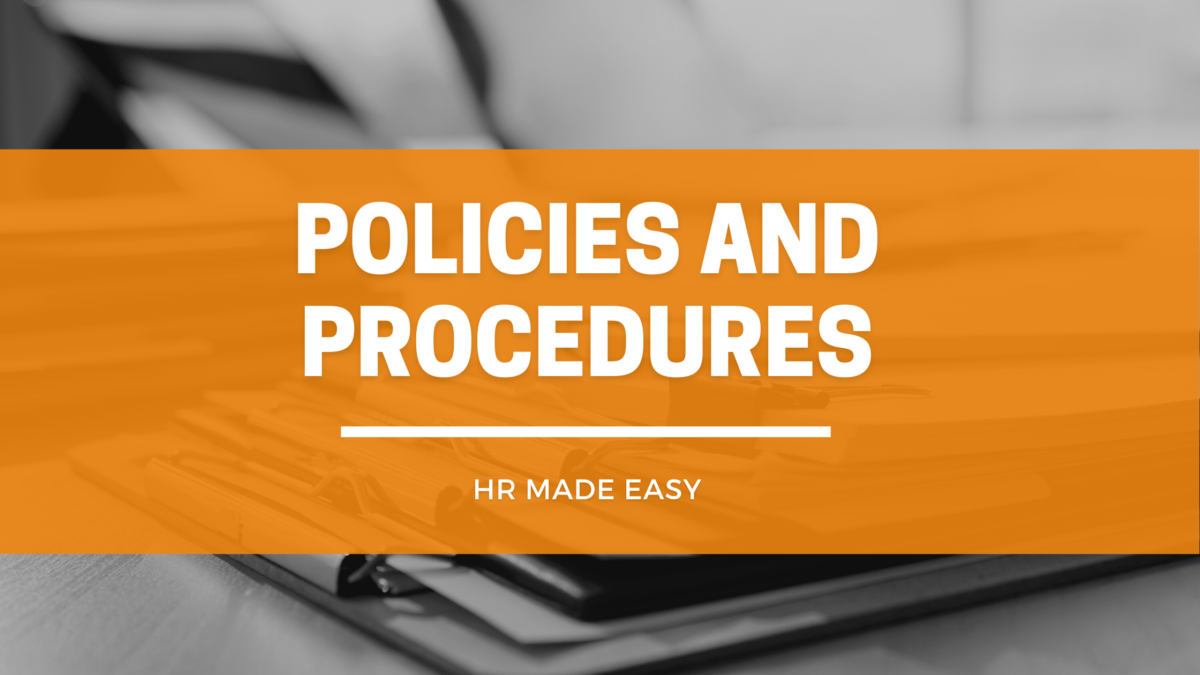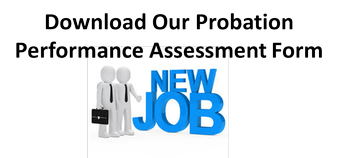Whether it is through office computers, laptops or mobile devices, a lot of work environments have easy access to resources like the Internet these days. It is important for employers to lay down ground rules when it comes to the use of the Internet at work. Internet access is typically provided by employers for the purpose of assisting employees with their work related activities.

Employers should instruct employees not to use the Internet for non-work related undertakings – except in extraordinary circumstances or on the specific instruction of the manager.
An employer should reserve the right to restrict and monitor the use of Internet resources.
If observing inward and/or outward Internet traffic it is important to make employees aware of this and to let them know that the sites they visit will be recorded by management and may be used at the discretion of The Company. Employers should reserve the right to monitor by means of electronic scanning, for instance, for source and destination addresses and should scrutinise the distribution of any information through the Internet.
Here are some rules that employers should put in place in the employee handbook:
DO
- Use the Internet only as needed for work or limited personal use when essential
- Understand that The Company may be liable for what the employee does from The Company network - whether The Company is aware or not
- Help The Company to maintain compliance with software licensing – if in doubt, the employee should ask the management team
DO NOT:
- Download software, games or screensavers to your computer or to The Company network
- Distribute Company Logins or Passwords to those who are not authorised to use them
- Download video files such as MPEG files unless directly related to work assigned to you
- Engage in any form of online gambling or betting
- Use passwords or encryption keys unknown to Management
- Obtain malicious access to Internet sites by cracking or hacking
- Retrieve material from the Internet using Company resources which:
- is sexually explicit, offensive, obscene or pornographic
- is racist, sexist or which may otherwise cause offence or be construed as harassment
- infringes someone else’s legal rights, including copyright, patent or trademark rights of any other person or organisation
- is defamatory or attacks or denigrates any person, group or organisation
- would cause offence on the grounds of race, colour, religion, political beliefs, ethnic origin, sexual orientation, gender, age, disability, nationality, marital status, membership of the traveller community or intending to, undergoing or having undergone treatment to change sex, or
- is otherwise unlawful or could constitute a criminal offence or which could damage the reputation of The Company

In order to protect The Company employers should establish policies regarding employees’ personal websites – for instance:
While an employee is entitled to create and operate a personal or commercial website employers generally prevent employees from creating one that would violate Company policies or that would compete with The Company - The employee should notify The Company of his or her external commercial activities and the existence of resources such as a personal website and these should be approved by management to ensure there is no conflict.
Employers should restrict the use of Company resources/property in the development or operation of a personal website. A policy should be put in place to prevent work on a personal website being carried out on The Company premises or on Company time as the employee is expected to devote their full working time and loyalty to The Company.
For assistance in creating contracts of employment or employee handbooks containing policies and procedures about internet use or to help eliminate problems in the workplace while ensuring you are compliant with all employment legislation visit The HR Company and subscribe to have 24/7 access to your own personal expert HR department.









 Employment references for prospective employees should always be thoroughly vetted – however, for various reasons, they may not always give a true and present reflection of the candidate or they may reflect what the employee’s capabilities were at a different time which may not necessarily match their current skills. For this reason it is advisable for employers to employ new members based on multiple evaluations to protect themselves and to ensure not to waste any time or resources on someone who isn’t adequately equipped for the role.
Employment references for prospective employees should always be thoroughly vetted – however, for various reasons, they may not always give a true and present reflection of the candidate or they may reflect what the employee’s capabilities were at a different time which may not necessarily match their current skills. For this reason it is advisable for employers to employ new members based on multiple evaluations to protect themselves and to ensure not to waste any time or resources on someone who isn’t adequately equipped for the role.

